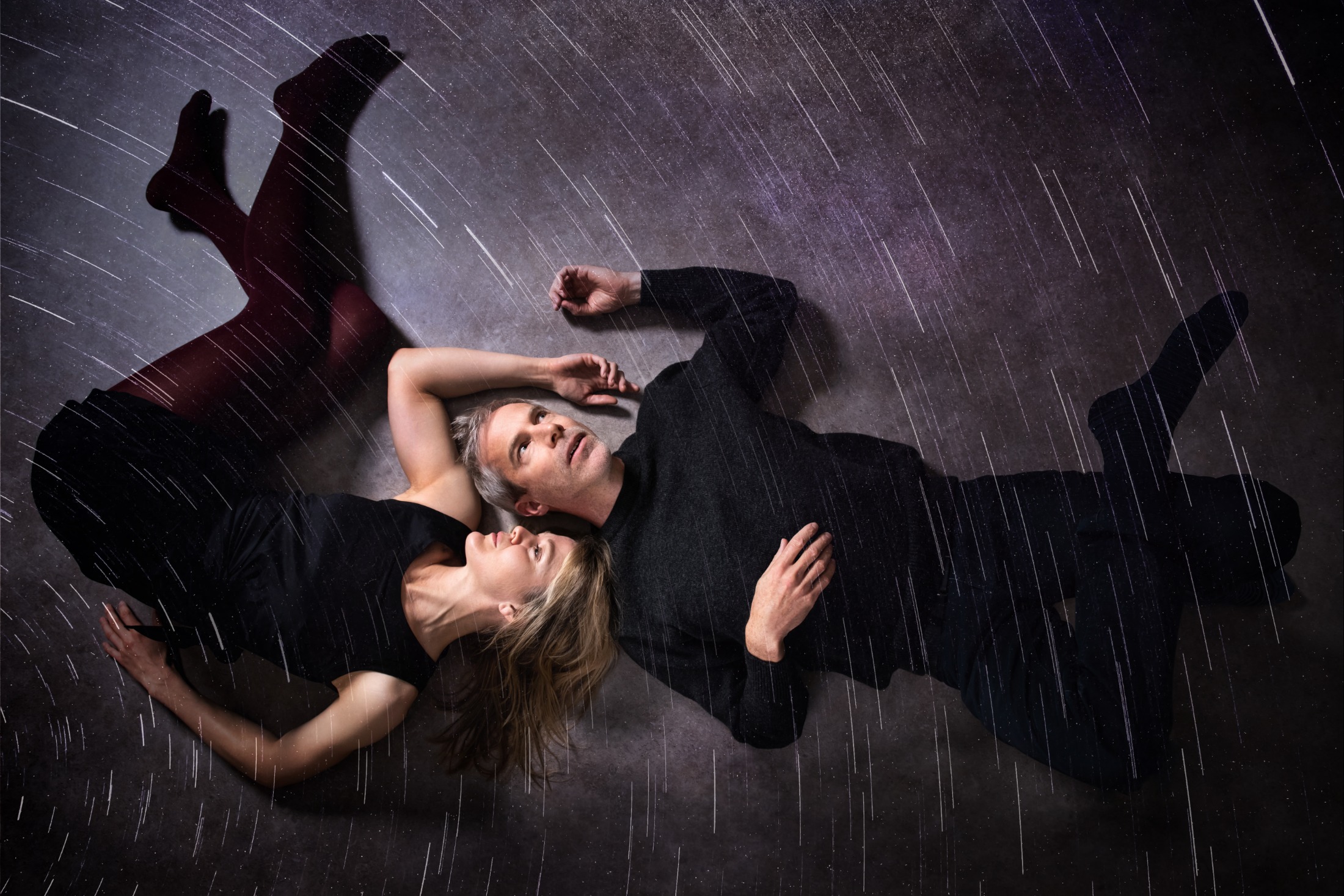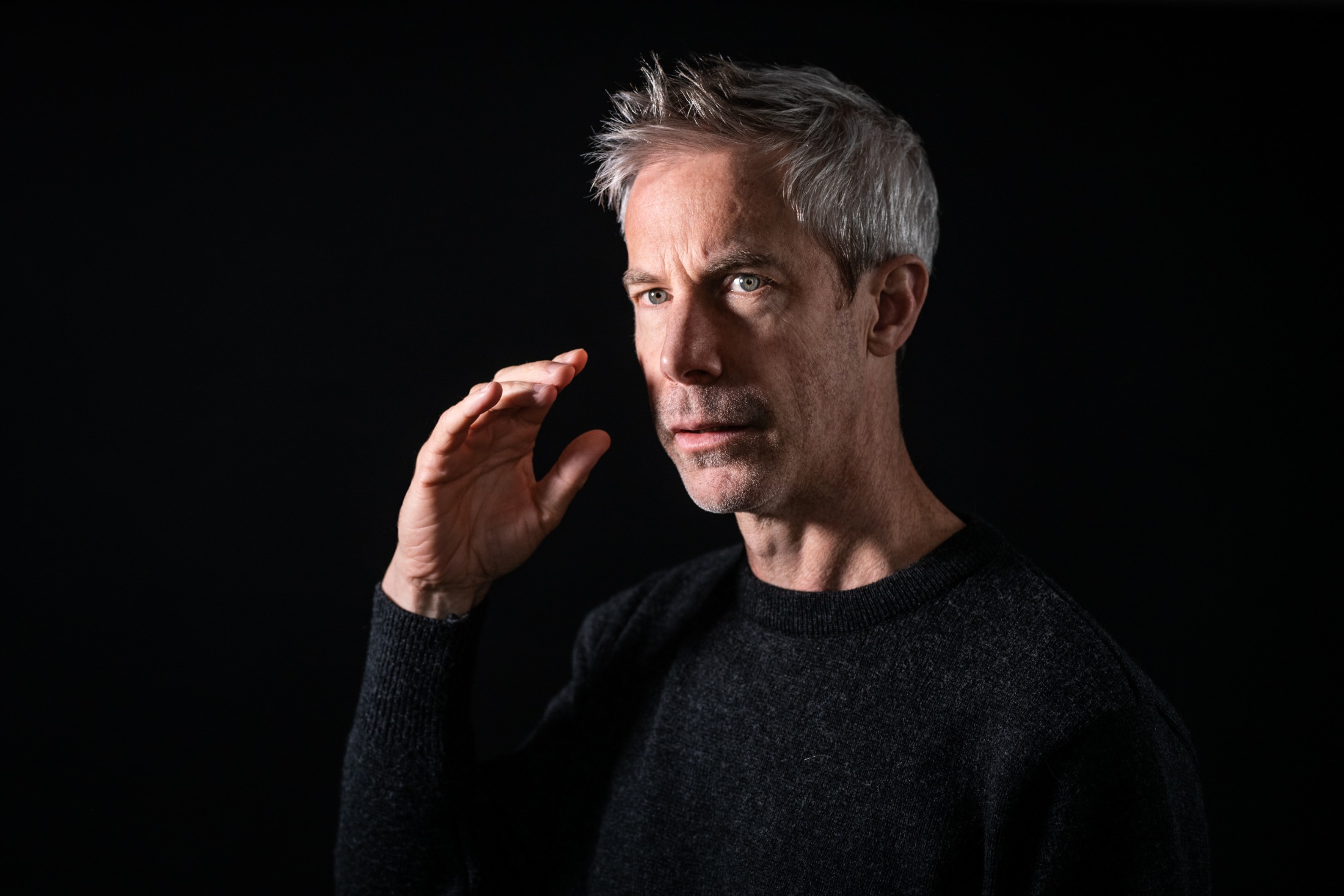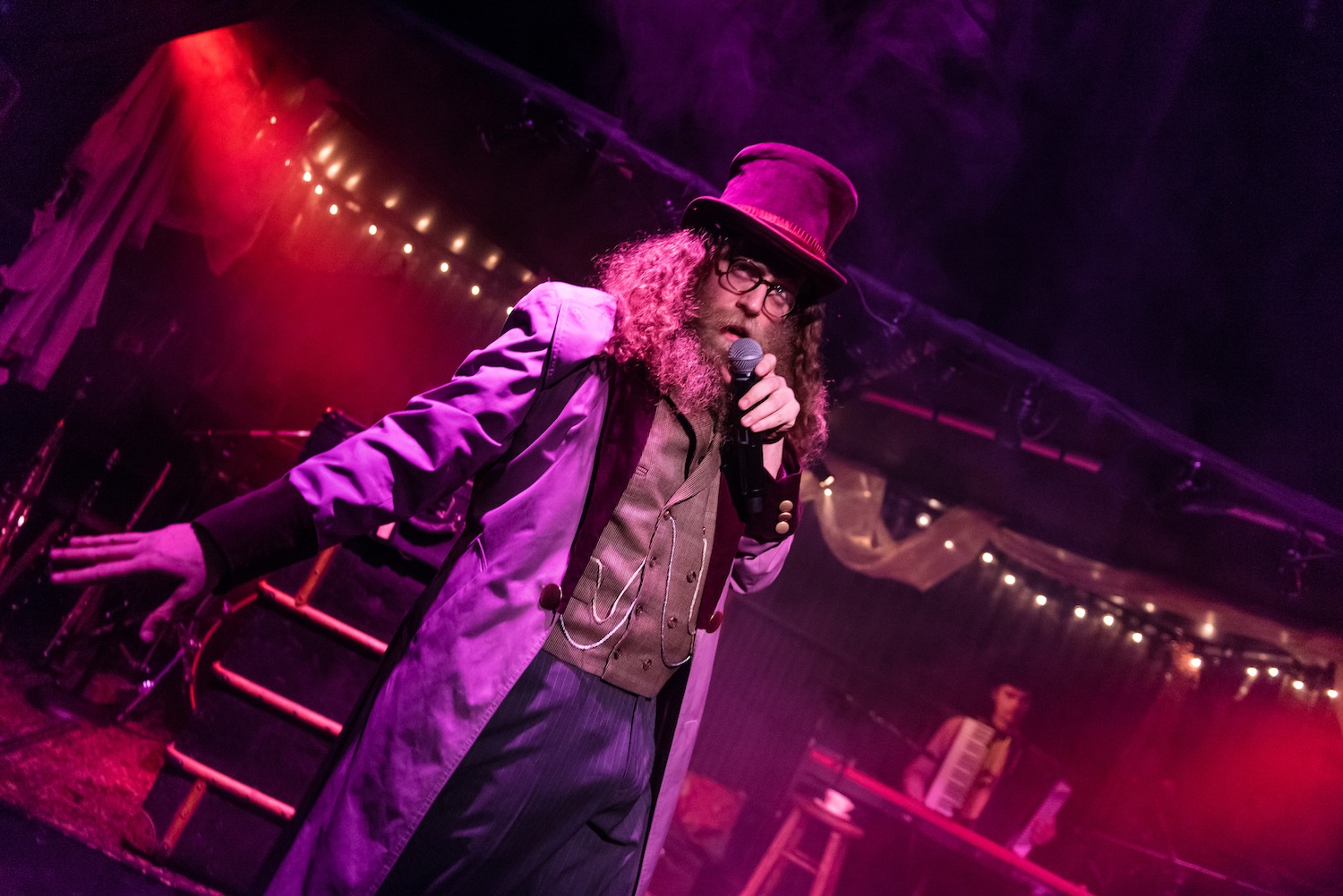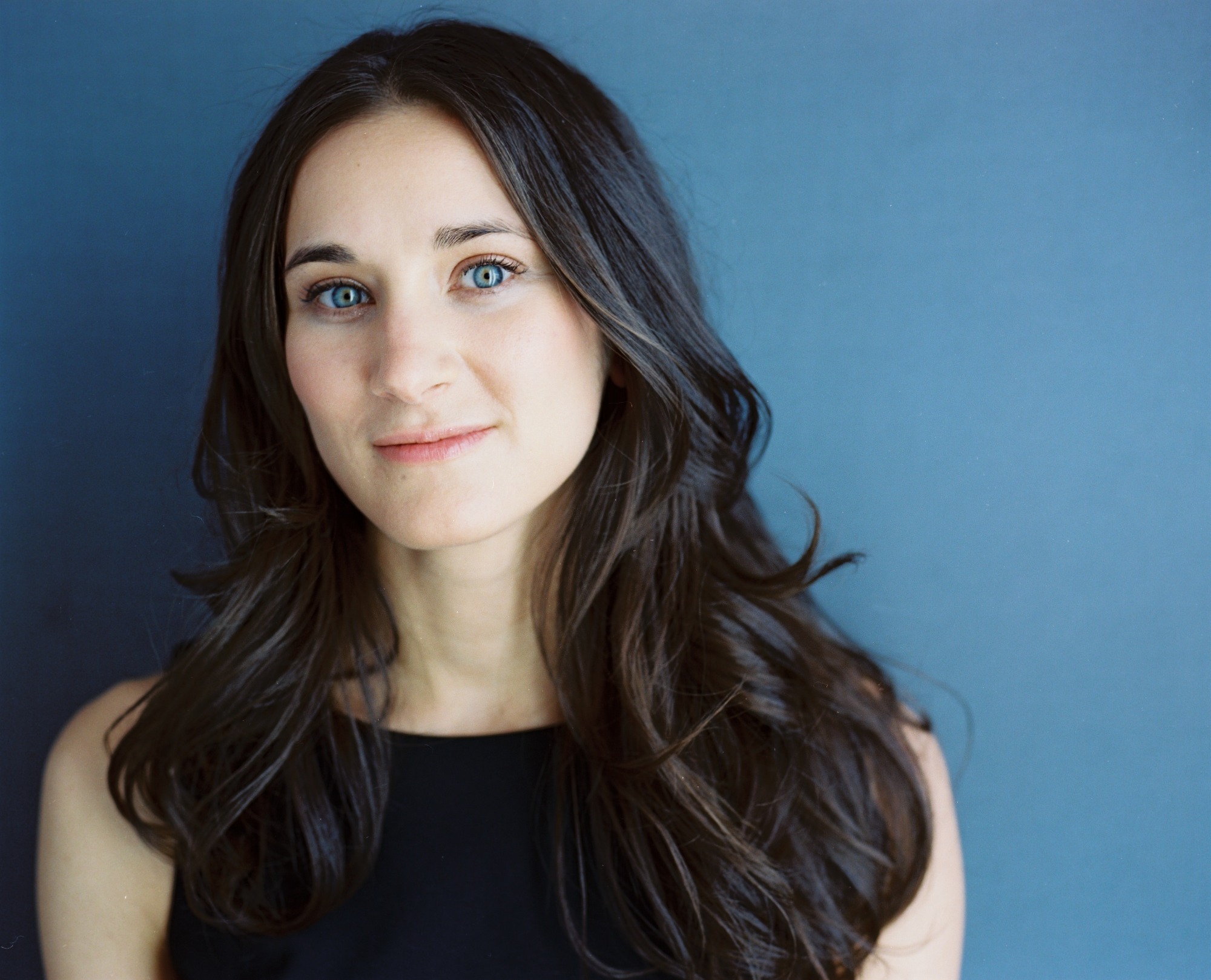If you were to mount a retrospective of Hannah Moscovitch’s work, you’d have to go far afield not to start with the words desire or denial. Her characters yearn for what they’ll never allow themselves to have, and many of them never know why.
Though some have described her ascendancy as meteoric, it’s now clear that Moscovitch is simply part of a tradition, one she always wanted to be part of: at the beginning of the decade, she might have cited Judith Thompson, Daniel MacIvor, or Amy Herzog as inspirations, but now her name is more likely to be mentioned in their company as an equal.
Vancouver, which hasn’t seen a proper run for a new Moscovitch play in several years, will suddenly get two this month: Infinity opens January 7 at the Cultch, and Old Stock: A Refugee Love Story opens January 24 at UBC’s Frederic Wood Theatre as part of the PuSh festival.
Meanwhile at Toronto’s Tarragon Theatre, her latest play, Sexual Misconduct of the Middle Classes, is already in previews ahead of its opening night on January 8. It’s a lot, but it’s not out of the ordinary for Moscovitch, who always has a commission, a TV project, some research that has yet to come together, or all three taking up space in her mind.

Amy Rutherford (left) and Jonathon Young (right) star in Infinity. Photo by Dahila Katz/Courtesy of The Cultch.
“Infinity was a long time ago now, I think 2014 we premiered it,” Moscovitch says, via phone from her home in Halifax. “And it’s funny, it’s hard to think back to what the world was like in 2014, before Me Too, but that’s also when I started working on Sexual Misconduct of the Middle Classes. I think at the time, in 2014, Jian Ghomeshi had happened, Steven Galloway was almost happening.”
Moscovitch’s writing then took a more focused turn, examining the societal and personal costs of living in a woman’s body across a three-play cycle (Bunny; What a Young Wife Ought to Know; Secret Life of a Mother). Which leaves Infinity as something of a transitional work. Returning to the violin-scored melodrama of her early hit The Russian Play, here the scenes get shorter, time elapses more quickly, and Moscovitch’s preferred mode of direct-to-audience address gets pushed into new uses—the scope is wider and riskier.
“I like antagonism in the direct address,” she says. “I like there to be tension, I figure I like it if the character who’s direct addressing wants something from the audience.”

Actor Jonathon Young in Infinity. Photo by Dahila Katz/Courtesy of The Cultch.
Unlike Moscovitch’s other plays, the character who can speak straight to the audience, Sarah Jean, doesn’t take up a lot of narrative space here—Infinity is dominated by the figure of her father, Elliot (Jonathon Young), a man who is considered an actual genius within his academic field of physics. Without dipping into ridicule or exposé, Moscovitch carves out a response to genius that aims for devastation in a work that otherwise might seem headed along the path of mere romance.
“For lack of better terms to describe it, I like work that’s authentic and dark,” she says. “And I swear and I put a lot of sex in my work, and that limits the audience because theatre is conservative—much more conservative than TV.”
Well, relatively speaking: Infinity’s original run sold out. Old Stock hasn’t had any trouble selling tickets either since its debut in 2017, and it’s been the subject of some of the best reviews and audience responses in Moscovitch’s career. It helps, of course, that it’s a work of survival and love—and it’s set to music.

Old Stock: A Refugee Love Story co-creator and performer Ben Caplan. Stoo Metz Photography/Courtesy of the PuSh Festival.
“I try not to mislead people,” Moscovitch says. “Because there are people out there who want to see musicals, so I try not to claim that [it’s a musical] and then spoil all their fun when it’s really fucking not that.”
Sharing a sound (and some lyrics) with co-creator Ben Caplan’s album of the same name, Old Stock is, more accurately, a cabaret-style klezmer-band show. Caplan and director Christian Barry determined the outline, and Moscovitch filled in the dialogue with details sourced from her great-grandparents’ lives. Where her direct address would normally turn the audience into uneasy bystanders, here it commands a kind of welcome.
“There’s something, for me, about having collaborators who are musicians,” Moscovitch says. “It allows me to love the work more—partly because it’s not just mine.”
Read more about the Arts in Vancouver.









